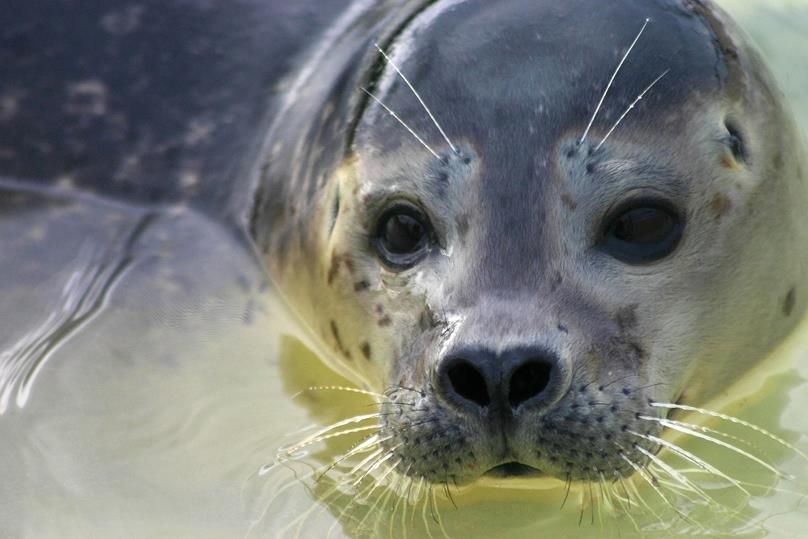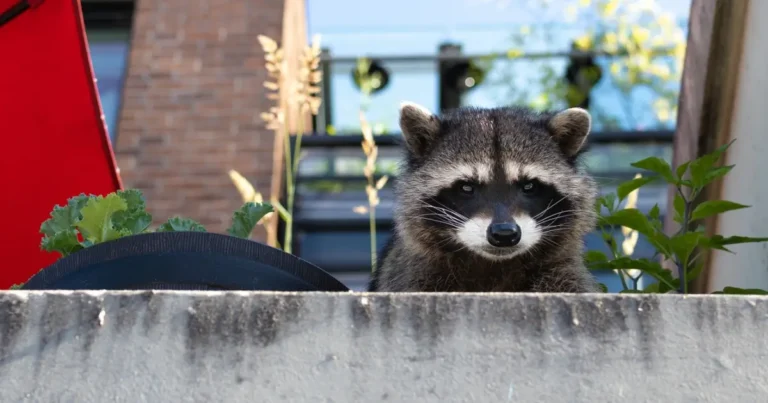
Like many other wild animals, seal mothers leave their pups alone for short periods of time while they return to the water to look for food. For this reason, wildlife rehabilitation centres care for many “kidnapped” seal pups each year – healthy pups that are mistakenly thought to be orphaned or abandoned.
What to do if you find an orphaned or injured baby seal?
– Be sure to take the proper precautions before approaching or aiding an baby seal.
– Keep your distance (at least 100 metres) and observe to see if the parent returns. Observing from too near a distance can discourage the adult seal from returning.
– Keep pets away from the area. Dogs can cause injury to marine mammals, and disease can be passed between the species.
– Observing from a distance, take note of the seal pup’s condition.
– Does it have any visible injuries?
– Is the animal breathing?
– Is it responding to its surroundings?
– Is it plump or thin?
– Is it vocalizing?
– Can you see other seals in the area?
What not to do when you find a baby seal:
– Don’t try to coax or push the seal into the water.
– Don’t approach the pup. Being too close causes more stress to the animal, and the seal could bite. You could also startle adult seals into the water. They may even abandon their pups if frightened away.
– Don’t try to capture or care for the animal yourself.
– Don’t allow dogs to approach or allow them off leash in the area.
Signs a baby seal may need help:
– If you notice any of the folllowing, please call a wildlife rehabilitator immediately.
– The seal is obviously injured (bleeding).
– You know the seal is an orphan (dead parent is observed).
– The pup has been alone for several hours without a parent visible.
– A seal pup is seriously underweight.
– The pup appears distressed or non-responsive.
How and when to get help for a baby seal?
If a young animal is truly orphaned or injured, it needs prompt attention. Contact your local wildlife rehabilitation facility as soon as possible.
On Vancouver Island, call the BC SPCA Wild Animal Rehabilitation Centre (Wild ARC) at 250-478-9453.
For the Gulf Islands, call the Island Wildlife Natural Care Centre at 250-537-0777.
For the rest of BC, call the Vancouver Aquarium’s Marine Mammal Rescue Centre at 604-258-7325.
